The News
This year is defined by make-or-break elections affecting billions of people. With so many votes around the world, it can be hard to keep track of them at all. Our Global Election Hot List is here to keep you up to date.
In this edition: South Africa sets its election date, echoes of the Philippines in Indonesia, and Mozambique’s long-ruling party loses “love and power.”
Know More
1. South Africa — Game on
Legislative elections on May 29, 2024
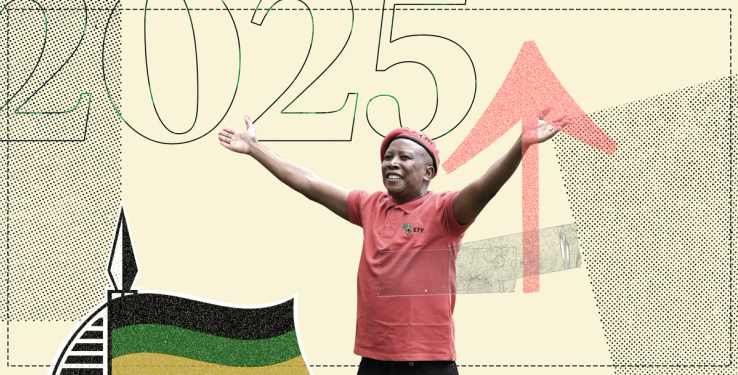
South Africa’s general election has officially been called for May 29th, setting up what is potentially the ANC’s biggest test to date. Following 30 years of incumbency the ANC could lose its majority, according to analysts and surveys. The election will be 2024’s largest vote in Africa, taking place in a country of over 59 million people — and given the uncertainty of governing outcomes, it could easily see one of the world’s most significant electoral shifts this year.
2. Mexico — No radical right
Presidential election on June 2, 2024
The lack of a radical right movement in Mexico is distinct in Latin America, a new Americas Quarterly article notes. Despite a Trump-linked actor, Eduardo Verastegui, mounting a campaign for president, support for the right-wing populist lane has been negligible in polls for the upcoming vote — and Verastegui himself couldn’t even make the ballot. According to the article, much of the phenomenon can be attributed to President AMLO’s present political dominance. But between figures like Brazil’s Bolsonaro, Argentina’s Milei, Chile’s Kast, and scores of others across the Americas, the absence of their brand of politics in Mexico is stunning in itself.
3. Portugal — Election looms
Legislative elections on March 10, 2024
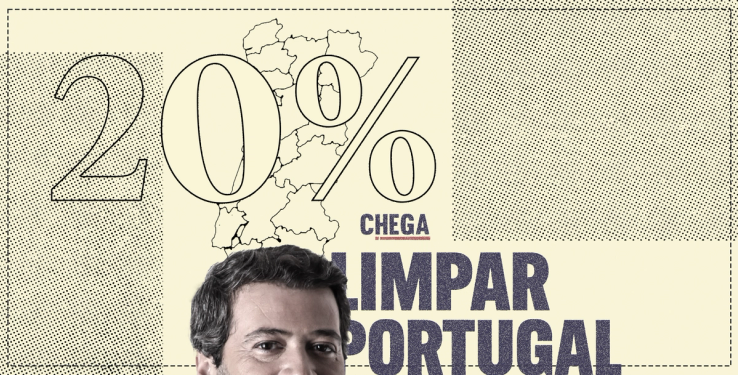
With a March election on the horizon, a change of government could easily be in the cards for Portugal. The country’s right-wing has charged ahead in polls this year, leaving increasingly slim hopes for a renewed government led by the center-left. While the main conservative alliance may still have options for coalition partners, the nationalist Chega party garnered over 20% support in the latest Intercampus poll, compared to 26% for each of the two largest parties.
4. Dominican Republic — PRM dominate
Local elections held February 18, 2024
The Dominican Republic’s incumbent PRM party swept major local elections held in February, presaging a presidential contest set to re-elect President Luis Abinader. Abinader, in remarks on the outcome, declared his party’s results a “triumph.” The PRM saw its term renewed in the capital of Santo Domingo with the victory of Carolina Mejia, who became the first woman ever elected mayor of the city back in 2020. Abinader leads all polls for the May vote, and could be re-elected handily. A recent Americas Quarterly article noted economic stability under the president’s tenure, though his administration’s harsh policy on neighboring Haiti has been slammed by human rights groups.
5. Indonesia — “Uniteam phenomenon”
Presidential election held February 14, 2024
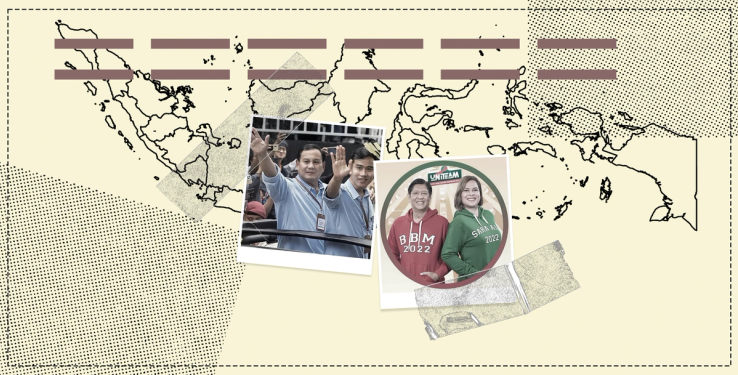
Family ties to a former dictator, family ties to the current leader — is this a new winning political formula? Indonesia’s recent presidential winners had a lot in common with the “Uniteam” ticket that won the 2022 election in the Philippines, notes academic Richard Heydarian. The elections featured two presidential candidates, each the son or son-in-law of a former dictator, campaigning with children of the previous incumbents as their vice presidents. While Indonesia has yet to finalize its election results, the connection becomes even more striking, as the candidates appear to have won nearly the same share of votes: around 58%, per the latest count. The tandem teams may have even employed the same PR firm.
6. El Salvador — Final frontier
Local elections on March 10, 2024
Salvadoran president Nayib Bukele aims to complete his consolidation of power through upcoming local elections, in what IFES Latin America/Caribbean regional director Maximo Zaldivar calls his “final frontier.” While Bukele’s control over the presidency and national legislature may be near-total now, the last local elections brought some level of political opposition to the government. Many of those opposition mayors have since jumped ship to Bukele, but the president could still see pushback in the March vote. Per Zaldivar the municipality of Antiguo Cuscatlan near the capital, which has been ruled by ARENA party mayor Milagro Navas since 1988, could be one contest to watch.
7. Mozambique — Love and power
Presidential election on October 9, 2024
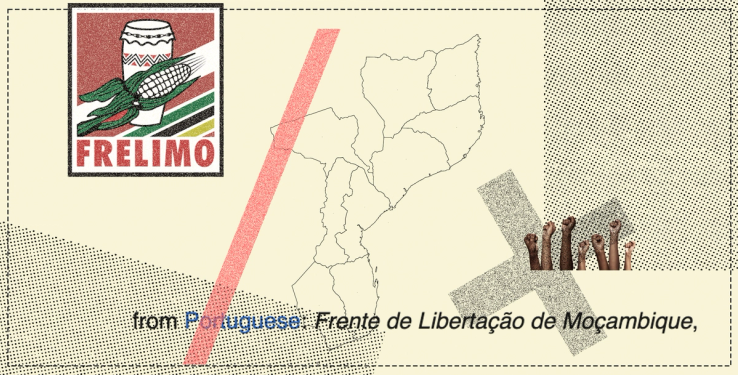
Mozambique’s ruling FRELIMO party is “losing love and power” ahead of an election later this year, potentially posing a rare challenge to its grip on the country. “Reports of public anger and infighting within the ruling party occur every day,” according to the Africa Report, stemming from revelations of vote rigging in municipal elections held last year. The government’s handling of an Islamic insurgency, which has led to major disruptions and economic hardship, is also a potential liability. Despite winning every vote held since the country’s civil war, the party could face an actual threat in October’s election. FRELIMO “has never entertained the idea of losing grip on power,” said one analyst quoted in the piece.
8. Belarus — AI candidate
Legislative elections held February 25, 2024
Belarusian dissidents may have found a workaround to the poisonings, arrests, and murders plaguing elections in Russia’s sphere of influence. Political opposition in Belarus promoted an “AI candidate” for recent elections held by the authoritarian regime, noting that an artificial intelligence cannot be imprisoned. The AI in question: Yas Gaspadar, a “chatbot that describes itself as a 35-year-old from Minsk.” As part of his digital platform, the Belarusian opposition campaigned for “the release of political prisoners, free and fair elections, and a prohibition on nuclear weapons.” Elections in Belarus have long been criticized for being rigged under the regime of Alexander Lukashenko.
9. Malaysia — Impatient electorate
Legislative elections in 2028
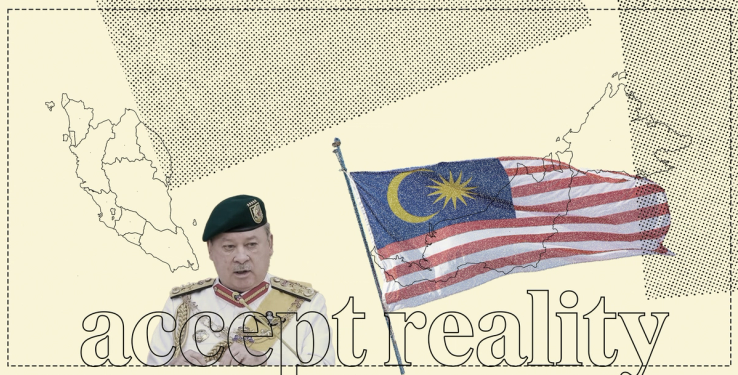
Declining approval ratings signal an “impatient electorate” for Malaysia’s ruling coalition, according to analysis from East Asia Forum. After surviving state elections last year, the government will now enjoy an extended period with “no major polls on the horizon.” The country’s new king has also stated he has no intention of toppling the incumbent coalition, despite the wishes of some in the political opposition. With the prime minister’s approval at just above 50%, however, fast action on reforms could be needed for the government to stay above water, with a long road to the next elections scheduled for 2028.
Notable
- Italy’s Sardinian election saw the center-left win a regional government for the first time since 2020.
- In Jamaica, long-delayed local elections featured a split between the country’s two major parties.


